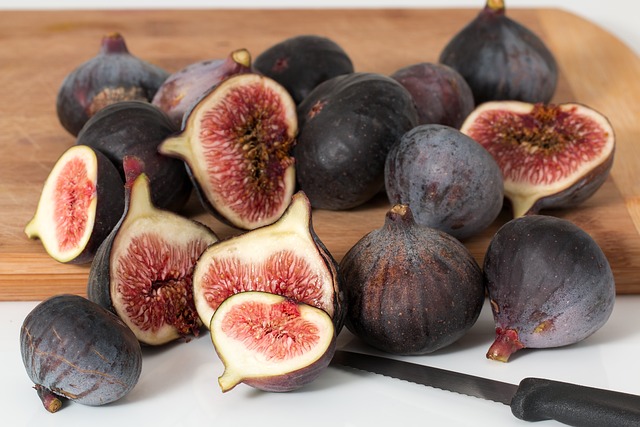Have you ever heard of the term “probiotics”? If you haven’t, don’t worry! We’re here to help you unravel the mystery behind probiotics and their role in improving digestion.
What Are Probiotics?
Probiotics are live microorganisms (usually bacteria) that can be consumed through fermented foods or supplements. They’re often referred to as “good” or “friendly” bacteria because they live in and benefit the body.
Probiotics are naturally found in your gut, but the number of “good” bacteria can be reduced by things like antibiotics, poor diet, and illness. This can lead to an imbalance in the gut microbiome, which has been linked to digestive problems and other health issues.
How Do Probiotics Improve Digestion?
When you consume probiotics, they travel to the gut where they can help restore balance to the microbiome. This can lead to a number of digestive benefits:
- Improved nutrient absorption: Probiotics can improve the absorption of certain nutrients, which can be especially beneficial for those with nutrient deficiencies or malabsorption issues.
- Enhanced immune function: Approximately 70% of your immune system is located in your gut, and probiotics can help bolster this system by promoting the growth of beneficial bacteria and suppressing harmful ones.
- Reduced inflammation: Probiotics have been shown to reduce inflammation in the gut, which can lead to a reduction in digestive symptoms like bloating and diarrhea.
- Prevention of and reduction in diarrhea: Certain strains of probiotics have been shown to prevent and reduce diarrhea, especially in children and those taking antibiotics.
- Treatment of Irritable Bowel Syndrome (IBS): IBS is a common digestive disorder that can cause a range of symptoms like abdominal pain, bloating, and diarrhea. Probiotics may be effective in reducing these symptoms, especially when taken in combination with other therapies.
What Foods Contain Probiotics?
Fermented foods are a great source of probiotics. Here are a few examples:
- Yogurt: Look for yogurt that contains live and active cultures, like Lactobacillus and Bifidobacterium.
- Kefir: Kefir is a fermented dairy product that’s similar to yogurt but has a thinner consistency.
- Sauerkraut: Sauerkraut is made from fermented cabbage and is high in probiotics and fiber.
- Kombucha: Kombucha is a fermented tea that’s become increasingly popular in recent years.
- Miso: Miso is a fermented paste made from soybeans or other grains.
Should You Take Probiotic Supplements?
While consuming probiotics through food is generally safe, some people may benefit from taking probiotic supplements. Here are a few factors to consider:
- Your overall health: If you have an underlying health condition, talk to your healthcare provider before taking probiotic supplements.
- Your current antibiotic use: If you’re currently taking antibiotics, probiotics may be especially helpful in reducing the risk of diarrhea or other gastrointestinal symptoms.
- Your dietary preferences: If you’re unable to consume probiotic-rich foods regularly, supplements may be a helpful addition to your routine.
Conclusion:
Probiotics are a key player in digestive health, and consuming them through food or supplements may provide a range of benefits like improved nutrient absorption, enhanced immune function, and reduced inflammation. If you’re unsure about taking probiotics, talk to your healthcare provider to see if they’re right for you.







